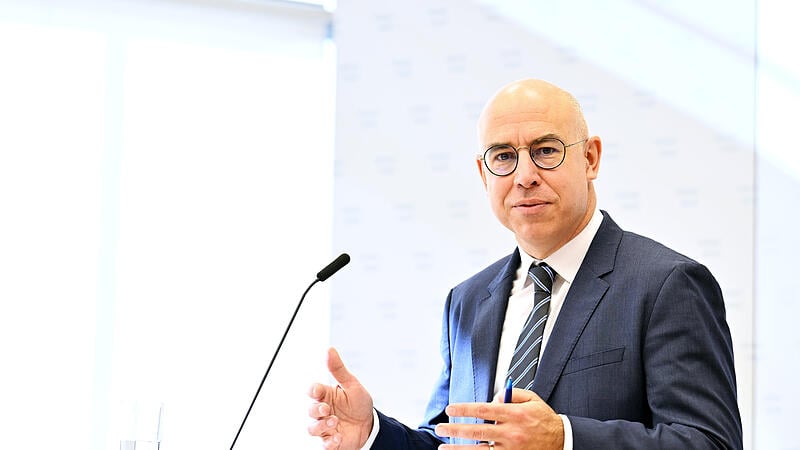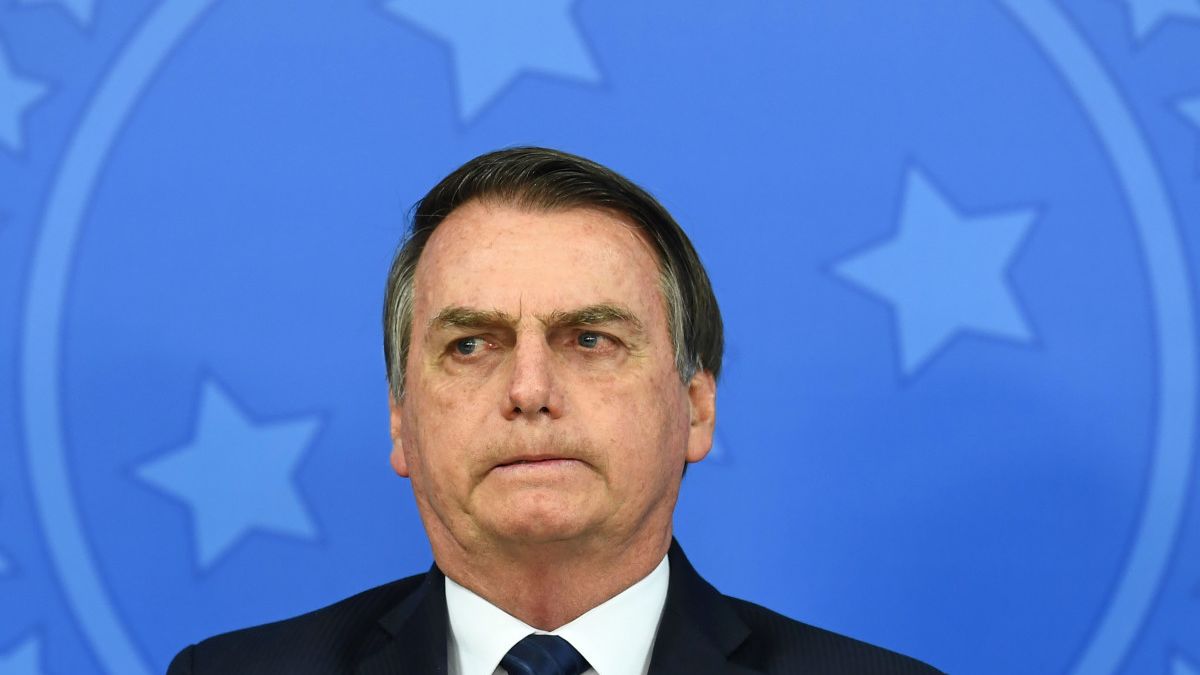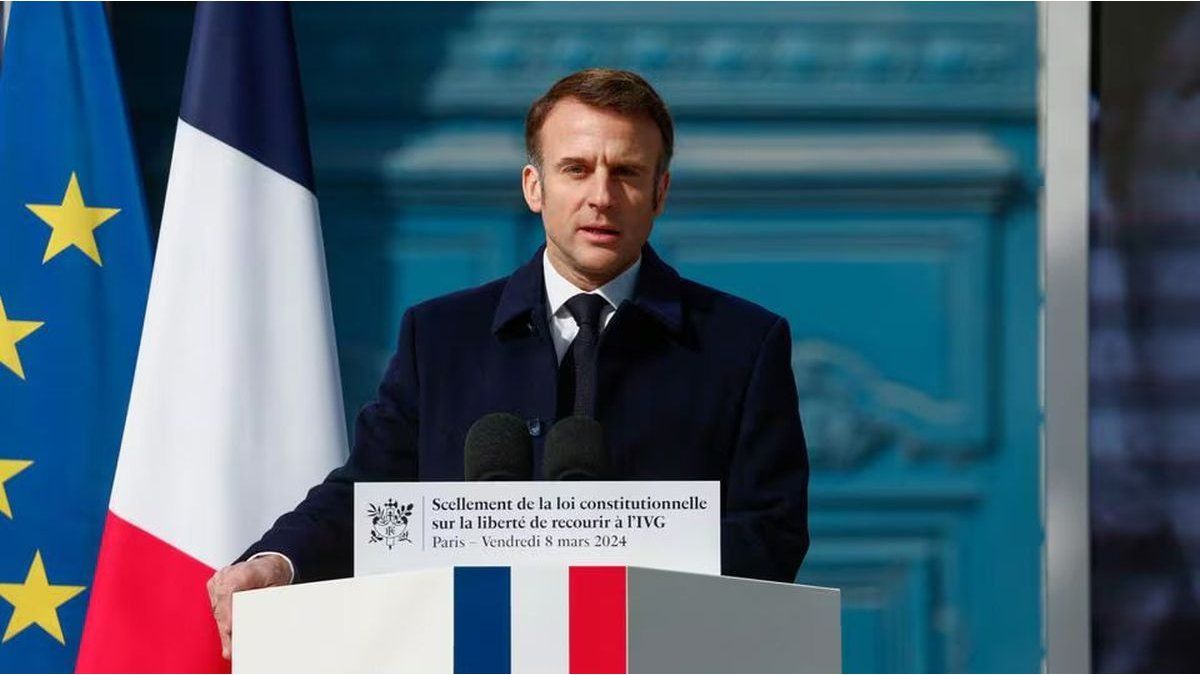Image: HANS KLAUS TECHT (APA)
Compared to 2019, there is a real loss of prosperity that will continue not only this year but also in the coming year. The reasons are the aftermath of the corona pandemic and the Ukraine war, said Felbermayr on Thursday at a digital press conference.
Put simply, the loss of prosperity is due to the fact that, despite an increase in gross domestic product, significantly more domestic production has to be used to pay for imports. For example, energy imports from Russia, which are still of fundamental importance for Austria and have recently increased again, have become immensely expensive. That was the case even before the war began. Since then, there have been immense peaks with price spikes and tumbles, which fundamentally cause uncertainty in the economy.
From the words Felbermayrs it became apparent that in the distribution conflict that would arise, someone would have to lose their feathers. The Wifo director said: “A fair distribution of the burden is important.” And: State measures, but also further wage increases or the discussed rental price brake should be “designed in such a way that strong shoulders carry more of the burden than weak ones”.
Reluctance to combat inflation called for
The slump in real disposable income already happened in 2020 Felbermayr. The real disposable income per capita that can be used for consumption in Austria will still only be around 98.8 percent of the pre-crisis level of 2019 in 2024. This year it is about 98 percent. Now it is about the distribution of the real economic costs of Corona and the Ukraine war.
“Real incomes have gotten smaller if you measure correctly,” said Felbermayr and explained it in an economic way. “Not everything can be adjusted for inflation,” said the economist. “Otherwise inflation will remain very high for a long time.” Therefore, restraint in the fight against inflation is needed, even with a rental price brake or further wage increases, he hinted.
In 2022 there was nominal – i.e. unadjusted – record GDP growth of 9.9 percent. After the standard price adjustment, there was still an increase of 4.7 percent. However, this does not take into account the massive increase in the price of imports. Adjusted for this, there was growth of 2.5 percent. Due to immigration, for example by people displaced from Ukraine and a population increase of around one percent, the growth in GDP per capita adjusted for purchasing power was only 1.5 percent in the previous year compared to 2021. And so it was in 2022 – after the slumps of 2020 – only around 98 percent of the 2019 value, showed Felbermayr.
“It doesn’t work without losses”
The loss of prosperity has to be realized somewhere, he says Felbermayr. “The cake has become smaller, there is no more to distribute.” Of course, care must be taken to ensure that the burden is distributed as fairly as possible.
With lower real economic output, the adjustment of all prices and incomes (wages, rents, …) to inflation according to the consumer price index (CPI) leads to permanently high inflation, so Felbermayr. “It’s not possible without losses in real income – but social balance is needed here.” The labor market needs a solution to the paradox that there is a shortage of labor despite strong population growth. When it comes to energy prices, a credible, Europe-wide plan is needed on how quickly enough renewable energy sources can be developed.
In foreign trade policy, the values should only be a secondary condition, so Felbermayr, not the other way around. A proper regulatory framework is also needed instead of a subsidy race.
“War makes us all poorer”
“In general, it would have been sensible not to use the consumer price index to adjust for inflation, but to use the GDP deflator,” explained the Wifo director. That’s a metric that measures cost increases of domestically produced goods and services, and was last at 5.2 percent, not more than 8 percent like last year’s inflation. “To be honest, I’m at a loss as to how to implement that,” admitted Felbermayr a.
Basically held Felbermayr also stated: “This war is making us all poorer. And the consequences of Covid are not over yet.” The economic decoupling with Russia – whose GDP figures are not credible, even if the war economy always increases GDP – is “in full swing”. Trade in goods with Ukraine is surprisingly resilient.
According to Wifo data, industrial production in Austria is stable despite the explosion in energy prices. There is sideways movement.
Source: Nachrichten




